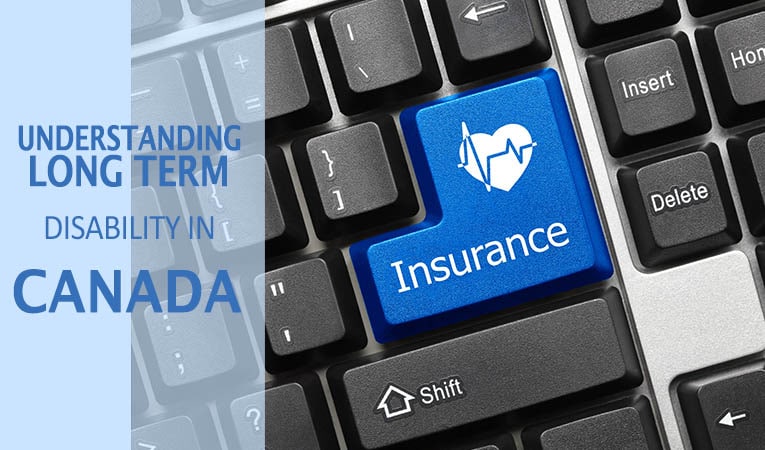Table of Contents
Who Pays Employment Insurance Premiums?
Regardless of whether the business is incorporated, every employer must deduct EI premiums from their employee’s insurable earnings. Most employment in Canada is insurable if it occurs under a contract of service. Additionally, the employer will pay a premium 1.4 times higher than the employee EI premium.
Self-employed individuals can also deduct EI premiums from their income to qualify for benefits.
Who Qualifies for Employment Insurance Benefits
People who are eligible for EI benefits:
- Have worked enough hours within the last 52 weeks. Usually, that must be between 420 and 700 hours, depending on the area.
- Have deducted EI premiums from insurable income to pay into the employment insurance program.
- Have been unemployed for at least 7 days.
Employment insurance doesn’t apply to people who quit their job for no good reason, were terminated on reasonable grounds, have been unemployed longer than a certain period, or haven’t paid EI premiums. There are special guidelines that apply to those who work part-time and wish to claim EI.
How Employment Insurance Works
The duration of the benefits period and the amount of compensation depends on the individual’s previous salary, the length of time they spent at their former place of work, and the unemployment rate in the area.
Additionally, the Canadian government has temporarily adjusted the employment insurance policy to provide extended help to people whose income has suffered during the COVID-19 pandemic.
Maternity benefits
EI offers maternity benefits to women who cannot work because of pregnancy or while caring for a new baby, as well as to new adoptive parents. Usually, EI maternity benefits last up to 15 weeks.
Expectant parents can start collecting benefits at any point from 12 weeks before the due date of birth. Benefits may end up to 17 weeks after the date of birth, with a weekly rate of 55% of insurable earnings capping at a certain threshold.
Sickness benefits
Individuals who are temporarily unemployed due to quarantine, sickness, or injury qualify for up to 15 weeks of EI sickness assistance benefits. Disability insurance may be applicable after this period.
Compassionate care benefits
Employment insurance provides compassionate care benefits to people who need to take time off work to care for a gravely ill or dying loved one and for people who face severe illness with a significant risk of death themselves. Compassionate care benefits can extend up to 26 weeks for eligible individuals.
Employment Insurance by Region
Over 50% of the EI benefits in Canada go to citizens in Ontario and the Western provinces. Many persons living in the Atlantic provinces receive EI benefits as well because of seasonal employment in industries such as forestry, fishing, and tourism. Fishermen enjoy special regulations that simplify the process of collecting EI benefits.
Why Employment Insurance Is Important
EI provides an emergency financial safety net for individuals struggling with loss of income due to unemployment, illness, or family circumstances. EI benefits can tide people over through tough times, helping them survive financially while dealing with health issues or looking for work.
Small Business Support During the Coronavirus (COVID-19)
Covid-19 has caused deeply concerning financial distress for many businesses across Canada. Luckily, small business support isn’t far away. Learn more here.
Group Enroll: Find the Group Benefits Options You Need
You can reduce your EI premium rate by opting to offer short-term disability benefits in lieu of employment insurance sickness benefits as part of your group plan. Group Enroll makes it easy to receive quotes from multiple insurance providers for STD coverage. Fill out our request form now and start comparing employment insurance plans. We can help you find insurance coverage that suits your needs and budget.








